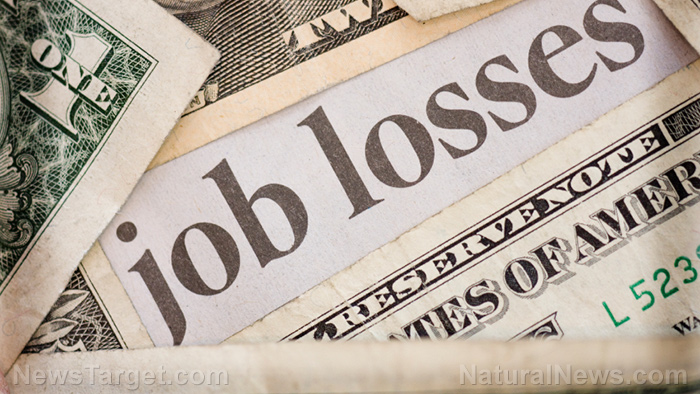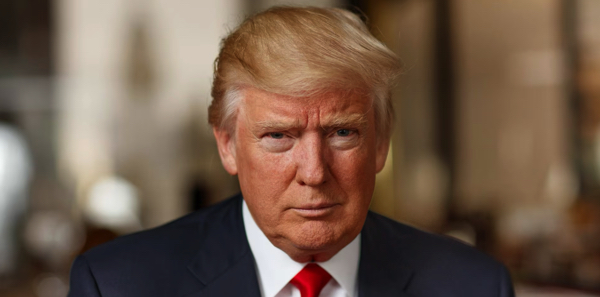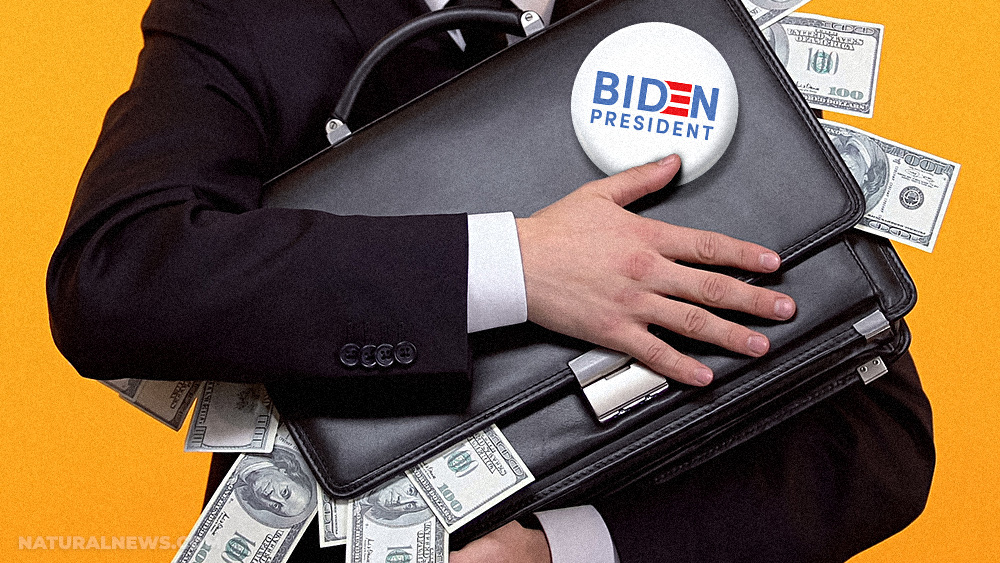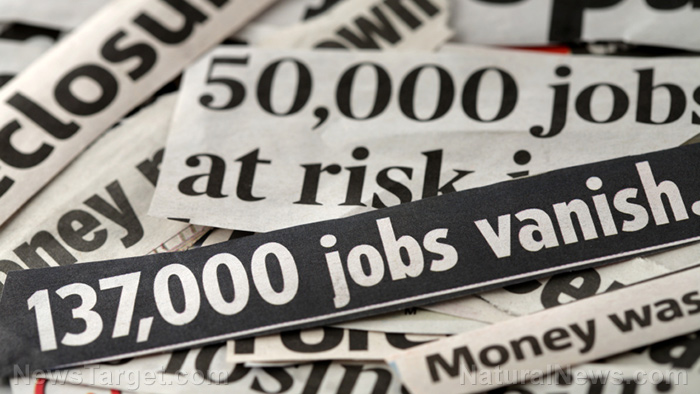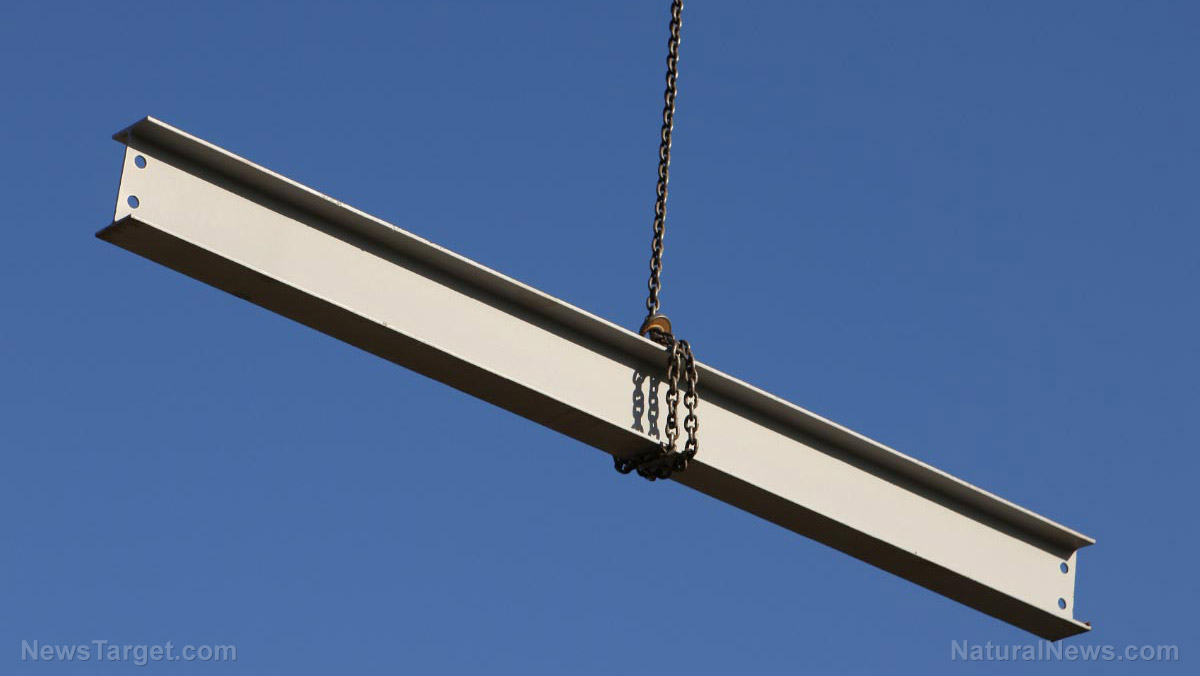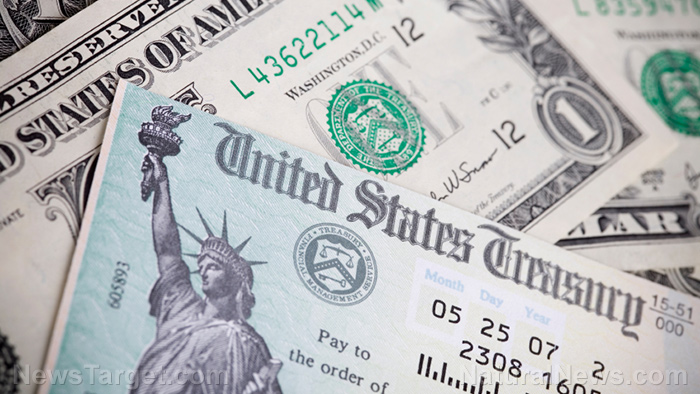Vietnam to purchase $2 billion in U.S. agricultural products amid trade talks
06/07/2025 / By Laura Harris
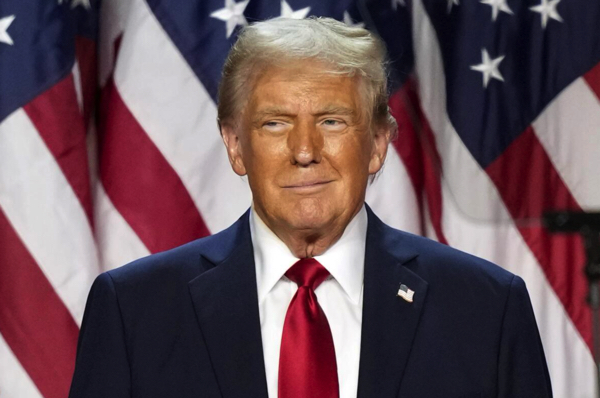
- Vietnam signed $2 billion in agricultural MOUs with the U.S., including $800 million from Iowa, covering soybeans, corn and wheat to counter President Donald Trump’s 46 percent tariff.
- Vietnam also secured deals with Lockheed Martin, SpaceX and Google, signed a nuclear power agreement with Westinghouse and pledged stronger anti-piracy enforcement.
- Trump imposed aggressive tariffs on other Asian countries like China (104 percent), Japan (24 percent) and South Korea (25 percent), triggering economic panic across export-dependent nations.
- As a response, China deployed state-backed investments, stock buybacks and crisis talks to stabilize markets; Japan secured priority talks but ruled out using its $1.1T in U.S. debt as leverage; and South Korea launched a $2B auto industry bailout, expanded EV subsidies and cut purchase taxes.
- Other Asian countries also shield their economies. India cut interest rates, Bangladesh sought tariff delays and Cambodia pursued negotiations to soften the tariff blow.
Vietnamese firms are poised to sign five memorandums of understanding (MOUs) to buy more than $2 billion in U.S. agricultural products, including $800 million from Iowa over the next three years, to strengthen trade ties and mitigate their substantial trade surplus with the United States.
In April, U.S. President Donald Trump imposed a staggering 46 percent tariff on Vietnamese goods. Vietnamese textile, footwear, electronics and seafood sectors, which are heavily reliant on U.S. demand, are bracing for severe disruption. The U.S. accounts for nearly 50 percent of Vietnam’s textile exports, meaning companies like Vinatex, May 10 and TNG could face plummeting orders as American buyers absorb higher costs. (Related: Trump’s bold tariff strategy forces Vietnam to offer zero tariffs, but will it work?)
That same month, Vietnamese officials and businesses scrambled to respond through bilateral talks, market diversification, domestic investment push and financial support. But after several trade talks with the U.S., Vietnam announced during the visit of Vietnamese Agriculture and Environment Minister Do Duc Duy to the U.S. that they agreed to sign five MOUs to buy over $2 billion in U.S. agricultural products, including $800 million from Iowa in the next three years. The deals cover key commodities such as soybean meal, corn, wheat, dried soybeans and dried distillers’ grains.
Beyond agriculture, Vietnamese officials have also engaged with major U.S. firms, including Lockheed Martin, SpaceX and Google, during the visit. A nuclear power cooperation agreement was also signed with Westinghouse Electric. Additionally, Vietnam has pledged stronger enforcement against counterfeiting and digital piracy.
Asian countries scramble to shield economies amid Trump’s aggressive tariffs on goods
Aside from Vietnam, Trump also imposed aggressive tariffs on Chinese goods (104 percent), Japanese goods (24 percent) and South Korean goods (25 percent). These Asian countries scrambled to shield their economies.
For instance, China, which vowed to “fight till the end,” rolled out a defensive playbook: state-backed firms pledged new investments to stabilize growth; over 100 listed companies announced share buybacks to prop up markets; and the Shanghai Stock Exchange held crisis talks with brokerages to “maintain stability.”
Meanwhile, Japan, America’s closest Asian ally, secured priority negotiations with Washington after Prime Minister Shigeru Ishiba condemned the tariffs as “extremely disappointing.” Tokyo faces a potential $17 billion hit to its auto sector – a critical export pillar – but has ruled out leveraging its $1.1 trillion in U.S. Treasuries as retaliation.
South Korea unveiled an emergency $2 billion support package for its automobile industry immediately after Trump announced the 25 percent duty on Korean goods. To mitigate liquidity concerns, the government plans to increase policy financing support to 15 trillion won ($10.18 billion), reducing auto purchase taxes from five percent to 3.5 percent, effective until June 2025. These electric vehicle (EV) subsidies will be increased, covering up to 80 percent of price discounts. This enhanced subsidy program has also been extended by six months, now running until the end of this year.
Other Asian countries like India, slashed interest rates to six percent, to counter slowing growth, while Bangladesh, reeling from a 49 percent duty on garments, begged for a three-month reprieve and offered to purchase U.S. cotton. Separately, Cambodia, facing a steep 49 percent U.S. duty, is seeking negotiations and implementing fiscal measures to ease the impact.
Follow Trump.news for the latest updates on this topic and similar stories.
Trump should put the tariffs on immediately, expert says. Watch this video.
This video is from the NewsClips channel on Brighteon.com.
More related stories:
Trump’s tariff retreat sparks fears of accelerating BRICS dominance.
California challenges Trump’s tariff plan in historic legal battle.
Trump’s 125% tariff triggers panic among Chinese Amazon sellers.
Market rebounds on Trump’s tariff pause, but uncertainty looms.
Trump imposes 25% tariff on nations buying Venezuelan oil.
Sources include:
Submit a correction >>
Tagged Under:
big government, Bubble, deal, debt collapse, economy, farmers, finance, Globalism, market crash, money supply, risk, tariffs, trade war, Trump, Vietnam
This article may contain statements that reflect the opinion of the author
RECENT NEWS & ARTICLES
COPYRIGHT © 2018 MONEYSUPPLY.NEWS
All content posted on this site is protected under Free Speech. MoneySupply.news is not responsible for content written by contributing authors. The information on this site is provided for educational and entertainment purposes only. It is not intended as a substitute for professional advice of any kind. MoneySupply.news assumes no responsibility for the use or misuse of this material. All trademarks, registered trademarks and service marks mentioned on this site are the property of their respective owners.


